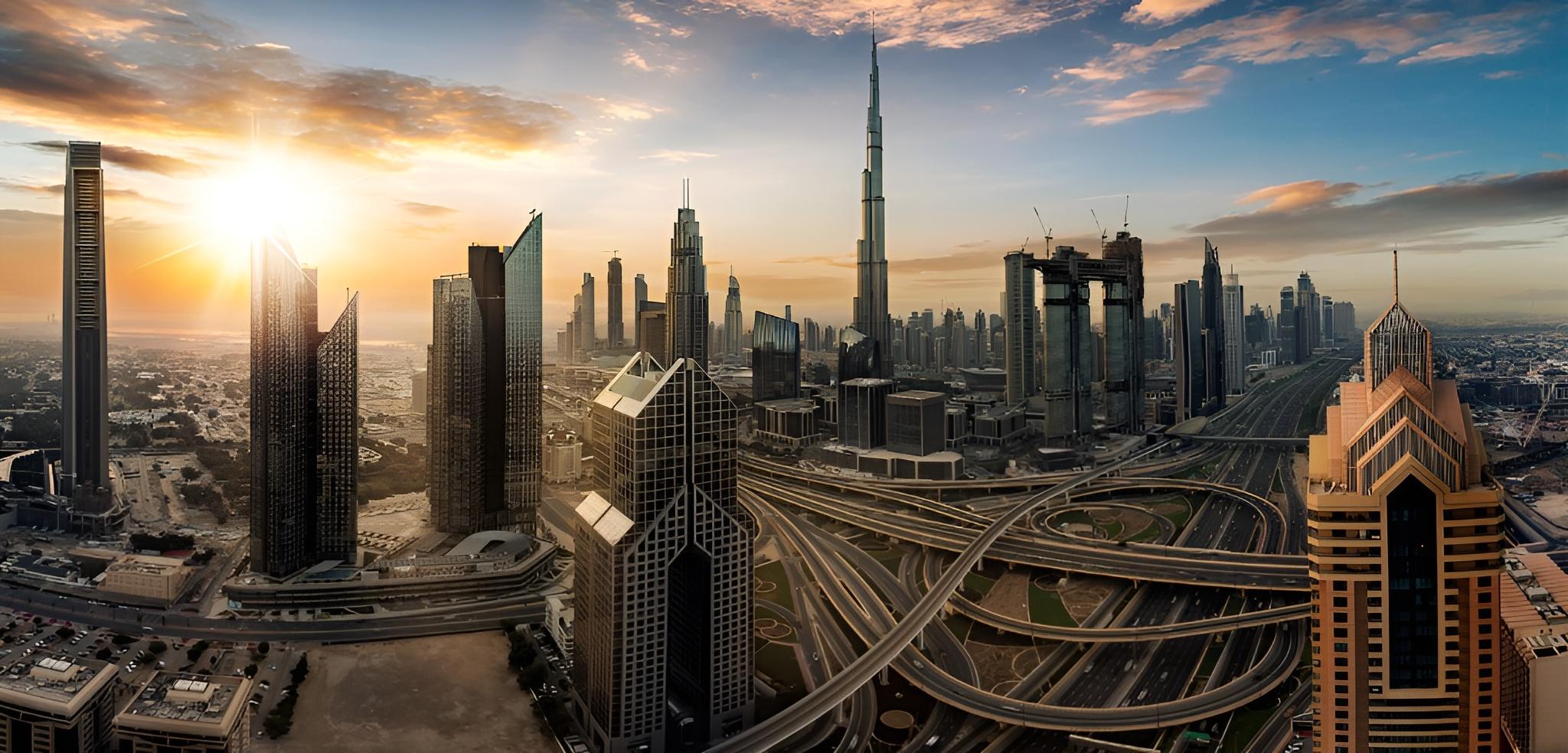Revamping the Middle Corridor: Digital Innovation Elevates Eurasian Trade Efficiency and Sustainability




The Middle Corridor, a crucial trans-Eurasian trade route connecting Central Asia to Europe, is experiencing a remarkable digital transformation that is reshaping the landscape of international commerce. This vital transportation network, stretching across multiple countries and continents, serves as the heartbeat of modern trade operations between East Asia and Europe. Spearheaded by Azerbaijan and Kazakhstan, the corridor is being systematically modernized through the implementation of advanced automation systems, intelligent logistics platforms, and innovative green technologies designed to streamline trade efficiency, enhance operational transparency, and strengthen connectivity across the entire Eurasian region.
The Middle Corridor's emergence as a strategically important land and sea trade route has been accelerated by comprehensive government-led initiatives that prioritize technological advancement and operational excellence. Azerbaijan's groundbreaking Unified Center for Transit Freight Management represents a paradigm shift in how freight operations are conducted, centralizing and digitizing transit processes at border crossings to create standardized and harmonized freight operations. This revolutionary system effectively eliminates traditional paper-heavy procedures, replacing them with streamlined digital workflows that significantly reduce processing times and enhance operational transparency. Simultaneously, Kazakhstan's innovative Tez Customs platform exemplifies the transformative power of digital customs solutions, drastically reducing manual paperwork requirements while expediting customs clearance procedures. These pioneering initiatives demonstrate how strategic government investment in digital infrastructure can fundamentally transform trade operations, creating more efficient, transparent, and interconnected transportation networks that benefit all stakeholders involved in the complex ecosystem of international commerce.
The corridor's comprehensive adoption of sophisticated smart logistics platforms and cutting-edge digital customs clearance systems represents a fundamental shift toward establishing a truly high-tech transportation network capable of meeting the demands of modern global trade. Through the systematic digitization of essential services and critical operational procedures, the corridor effectively optimizes cargo flow within the extensive Sino-European trade network, ensuring both operational resilience and long-term sustainability. These technological advances include real-time cargo tracking mechanisms that provide unprecedented visibility into shipment status, automated processing systems that minimize human error and reduce delays, and integrated data-sharing platforms that enable seamless communication between various stakeholders. The implementation of these advanced systems transforms traditional logistics operations into highly efficient, technology-driven processes that can adapt quickly to changing market conditions and emerging challenges in the global supply chain landscape.
Through intensified international cooperation and strategic partnerships, key stakeholders including Azerbaijan, Kazakhstan, and China are collectively advancing the development of sophisticated transport hubs and enhanced digital connectivity infrastructure. The implementation of advanced data-sharing platforms enables real-time information exchange between multiple parties, while sophisticated tracking mechanisms provide comprehensive visibility into cargo movements throughout the entire corridor. These collaborative efforts are solidifying the Middle Corridor's role as a digitally integrated transportation link across the historic Silk Road region, creating a modern interpretation of ancient trade routes. Strategic partnerships with technologically advanced nations facilitate the transfer of cutting-edge expertise and innovative solutions, enabling continuous improvement in logistics operations and customs procedures. The Ankara Declaration represents a significant milestone in this collaborative approach, emphasizing cooperation in enhancing digital connectivity among Azerbaijan, Turkey, and Uzbekistan, while groundbreaking memorandums with Chinese companies bring additional digital expertise into the regional ecosystem.
A strategic focus on environmentally responsible green technologies, particularly evident in the operations of the Port of Baku, underscores the corridor's unwavering commitment to sustainable development and environmental stewardship. The Port of Baku has achieved recognition as the first Green Seaport in the Caspian Basin since 2019, setting new standards for sustainable port operations through innovative approaches to energy efficiency, comprehensive waste management systems, and advanced air quality controls. With the ambitious goal of achieving net-zero emissions by 2035, the strategic integration of renewable energy solutions and smart logistics systems positions the Middle Corridor as a competitive low-carbon trade route that meets the growing global demand for environmentally responsible business practices. These sustainability initiatives extend beyond individual projects to encompass the development of comprehensive eco-friendly ecosystems in logistics operations, effectively transforming the corridor into a model low-carbon trade route that demonstrates how environmental responsibility and operational efficiency can be successfully combined.
Continuous strategic investment in advanced digital platforms and robust infrastructure development, exemplified by Azerbaijan's comprehensive fiber-optic network enhancements, ensures reliable high-speed internet access that is absolutely critical for modern logistics and trade operations. These infrastructure improvements are integral to maintaining seamless connectivity with global transport networks, effectively safeguarding the corridor's vital role in international supply chains while positioning it for future growth and expansion. The technological sophistication achieved through these investments creates a resilient foundation for continued innovation and adaptation to emerging technologies and changing market requirements. Through the synergy of digital innovation and sustainable practices, the Middle Corridor stands as a testament to the transformative power of strategic planning and international cooperation in creating modern trade infrastructure that serves as a model for other regions seeking to modernize their transportation and logistics capabilities.

Comments